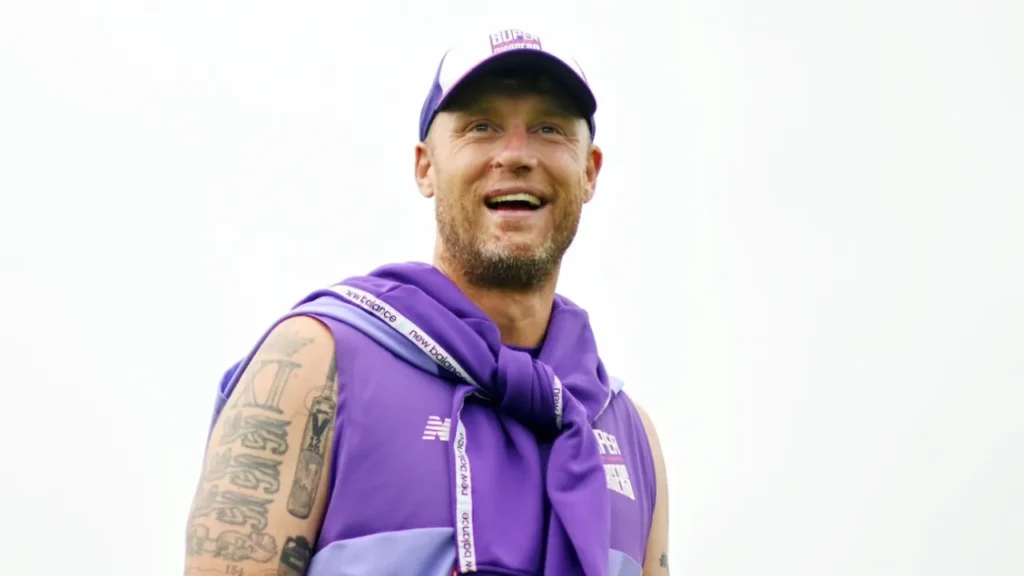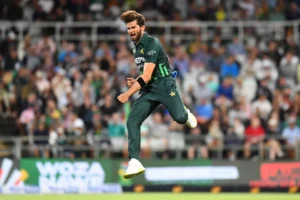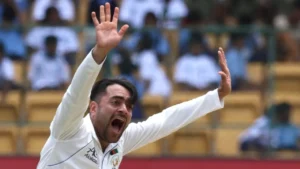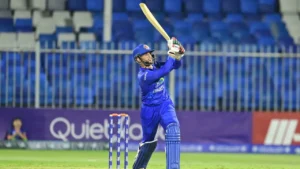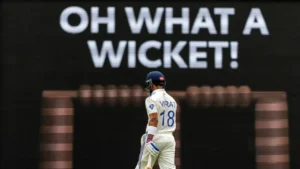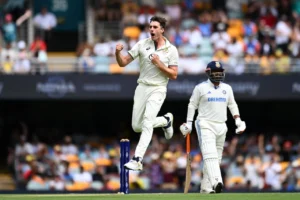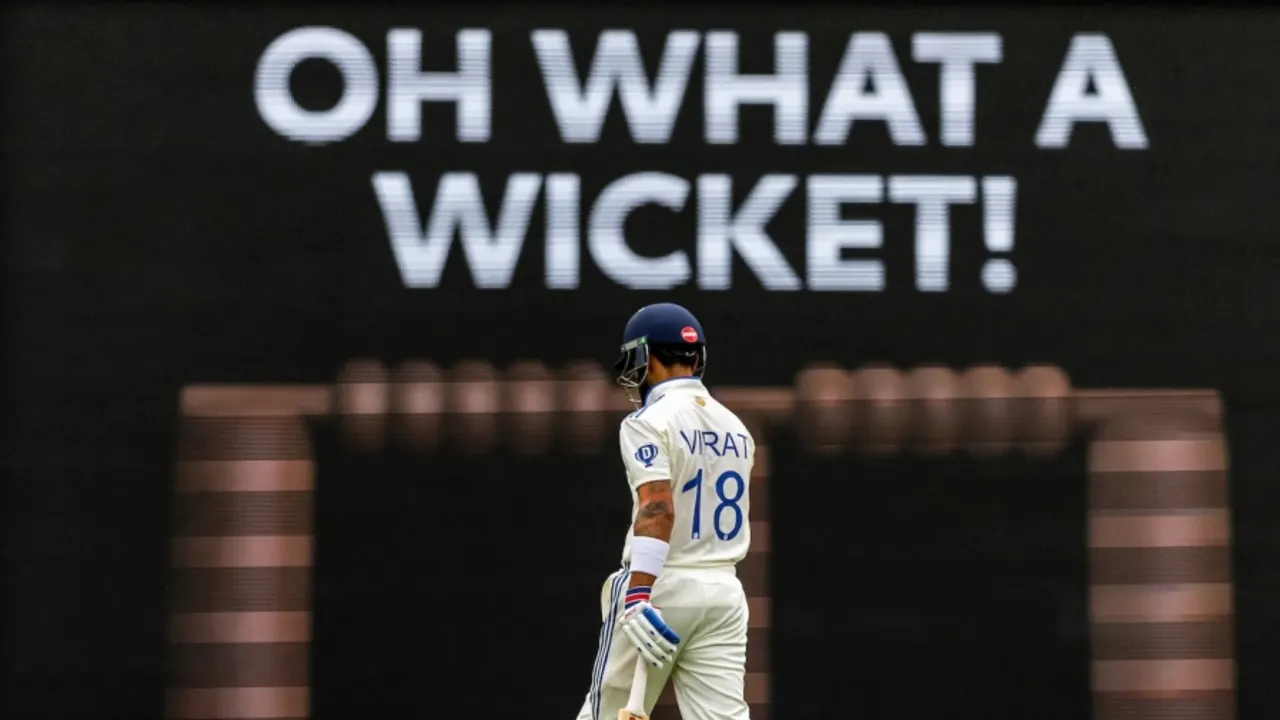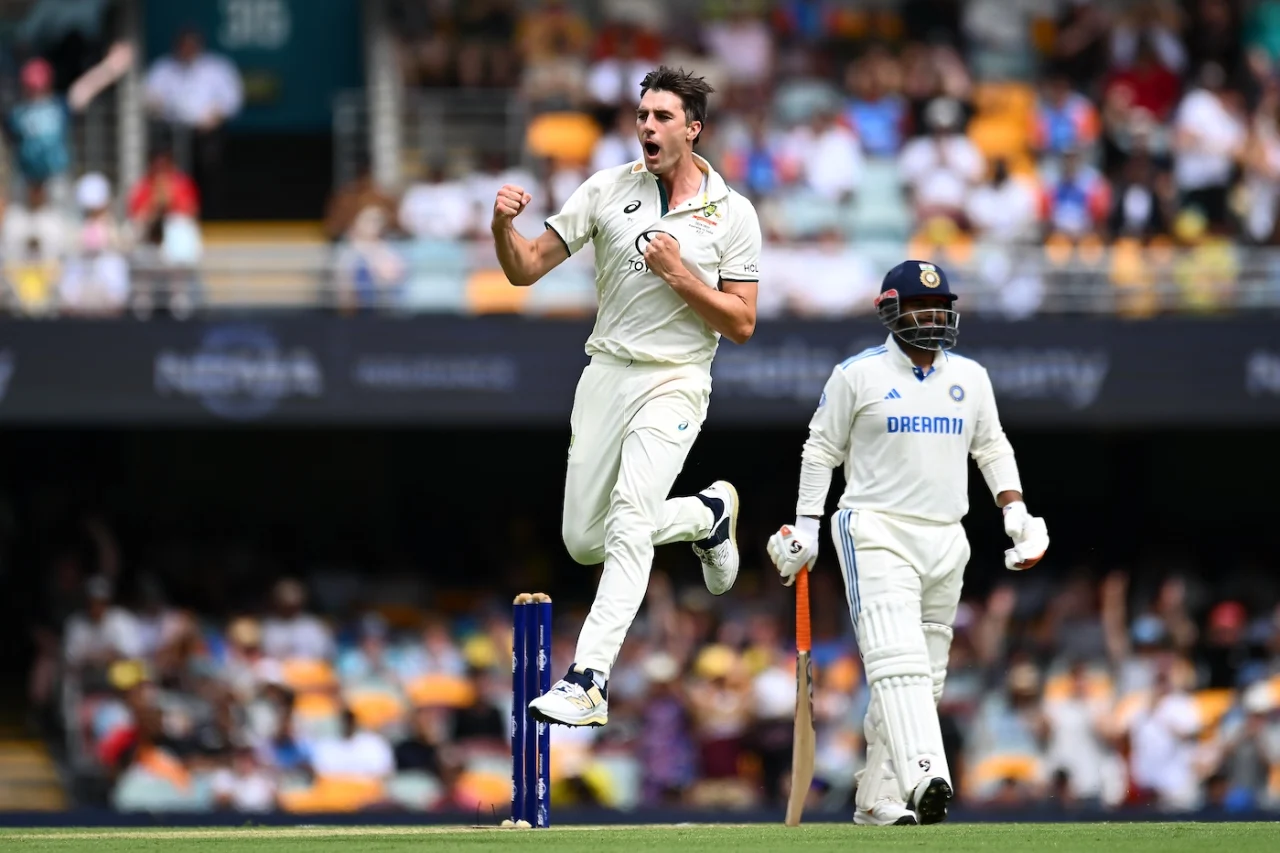Andrew Flintoff, the iconic all-rounder, is set to join the England Test squad as a batting coach for their third Test against Sri Lanka at The Oval. This temporary change comes as Marcus Trescothick, England’s regular batting coach, takes a brief break before stepping into his interim role as head coach for England’s white-ball series against Australia.
Flintoff joining the coaching team brings valuable experience, potentially improving England’s batting performance. Let’s delve deeper into the details of this coaching change and what it means for England’s cricketing future.
Andrew Flintoff’s Role with England’s Test Squad
Andrew Flintoff, renowned for his leadership and prowess on the cricket field, has been an integral part of England’s white-ball coaching set-up over the past year. His latest assignment with the Test squad marks his first significant involvement with red-ball cricket in a coaching capacity. Flintoff will work closely with England’s batters, offering insights and strategies to enhance their performance during the third Test against Sri Lanka.
Flintoff’s coaching stint with England’s white-ball teams, including his involvement during the T20 World Cup in June, has laid a solid foundation for his current role.
His recent experience as head coach of the Northern Superchargers in The Hundred tournament—where his team narrowly missed out on qualifying for the finals—has also showcased his leadership and tactical acumen.
Joining the Test Squad
Flintoff is set to be part of the England Test team on Wednesday for their first training session before the third Test. Working under the guidance of head coach Brendon McCullum, Flintoff’s role is explicitly short-term, focusing solely on this Test match. He will not accompany the team for the upcoming winter tours of Pakistan and New Zealand.
For more details on the ongoing Sri Lanka tour, visit our series overview, which provides comprehensive information on the tour’s fixtures, results, and squad details.
Marcus Trescothick’s Transition to White-Ball Coaching
Marcus Trescothick, a stalwart of English cricket, will take a few days off following the second Test against Sri Lanka at Lord’s, which is scheduled to conclude on Monday. He’ll use this break to get ready for his role as the temporary head coach of England’s cricket team in the next series against Australia, beginning with the first T20I at the Utilita Bowl in Southampton on September 11.
Trescothick’s Backroom Staff
Trescothick’s backroom team for this series will largely mirror that of Matthew Mott’s, the regular white-ball coach. However, there will be a short-term addition in the form of Michael Yardy, the current coach of England Under-19s. Yardy’s inclusion is expected to bring a fresh perspective, especially in nurturing younger talents within the white-ball squad.
Trescothick is yet to decide whether he will apply for the white-ball head coach position on a permanent basis. He remains focused on his primary role with the Test team’s batting unit but is open to exploring the head coach position further, depending on how much he enjoys this stint. In an interview with Sky Sports, Trescothick mentioned,
“I’m going to let this play out and see what happens for this period of time, and see how much I enjoy doing the head coach’s role.”
Jos Buttler’s Role and Future Direction of England’s White-Ball Team
Trescothick will work closely with Jos Buttler, the captain of England’s white-ball team and his former teammate from Somerset. Buttler, who has been a pivotal figure in England’s white-ball resurgence, might see a shift in his responsibilities. Trescothick suggested the possibility of Buttler relinquishing his wicketkeeping duties during the T20Is to focus more on his captaincy role.
“It’s definitely something we’ll think about,” Trescothick stated. “We can try different options, give it a go for a period of time and see what reaction it has on his captaincy and on the team.”
This strategic change is aimed at alleviating some of the pressure on Buttler, enabling him to lead more effectively.
England’s Recent White-Ball Performance
England’s white-ball cricket team has struggled recently, failing to perform well in two World Cups.. However, Trescothick remains optimistic about the team’s future, emphasizing that England’s one-day cricket is still in a strong position.
“Jos is going to lead that forward for a period of time at the moment – and I don’t see it changing,” he added, highlighting Buttler’s leadership continuity.
The Significance of Flintoff’s Involvement
Andrew Flintoff’s involvement with the Test team, even on a short-term basis, brings several benefits:
- Experience and Expertise: Flintoff’s experience as a former England captain and his comprehensive knowledge of the game can significantly influence the team’s preparation and mindset.
- Boost to Player Morale: His presence alone can inspire and motivate the younger players, offering them a role model from whom they can learn invaluable skills.
- Strategic Insights: Flintoff’s tactical awareness, particularly his ability to analyze and counter the opposition’s strategies, will be crucial during this important Test match.
The Potential Impact on the Third Test Against Sri Lanka
With Flintoff stepping into a coaching role, the England team can expect a renewed focus on their batting techniques and strategies. His familiarity with the pressure of international cricket, coupled with his aggressive style, may encourage the team to adopt a more assertive approach. This involvement could be particularly beneficial against a formidable Sri Lankan bowling attack that has shown resilience in recent matches.
For more insights into the ongoing Sri Lanka tour and updates on the third Test, check our fixtures and results page.
Looking Ahead: Future Tours and Coaching Dynamics
While Flintoff’s role is limited to the third Test against Sri Lanka, his brief stint raises questions about future coaching dynamics. As England prepares for winter tours to Pakistan and New Zealand, the coaching staff composition will be a key focus.
The ECB’s decision to rotate coaches based on series and conditions reflects a strategic approach to maximize performance and manage workloads effectively.
Trescothick’s interim position as white-ball head coach will also be closely monitored, providing a testing ground for potential long-term appointments.
His collaboration with Buttler and the tactical adjustments made during the Australia series will offer insights into the direction England’s white-ball cricket may take.
For details on the England squad for the Sri Lanka tour and updates on player selections, visit our squads page.
Conclusion
Andrew Flintoff’s involvement with England’s Test squad and Marcus Trescothick’s transition to an interim head coach role mark a dynamic shift in England’s coaching landscape. While Flintoff’s appointment is temporary, his experience and strategic insights are expected to benefit England’s batters significantly.
Trescothick, on the other hand, will have an opportunity to shape the future of England’s white-ball cricket in the upcoming series against Australia.
These changes underscore the ECB’s commitment to adapting and optimizing its coaching resources to maintain England’s competitive edge across all formats.
As the third Test against Sri Lanka approaches, the combined expertise of Flintoff and McCullum offers England a formidable coaching duo, setting the stage for a compelling contest.
What do you think of Andrew Flintoff’s return to the England Test squad as a coach? Share your thoughts in the comments below and stay tuned for more updates on England’s cricket journey. Don’t forget to explore our related content on England’s white-ball strategies and coaching transitions!


